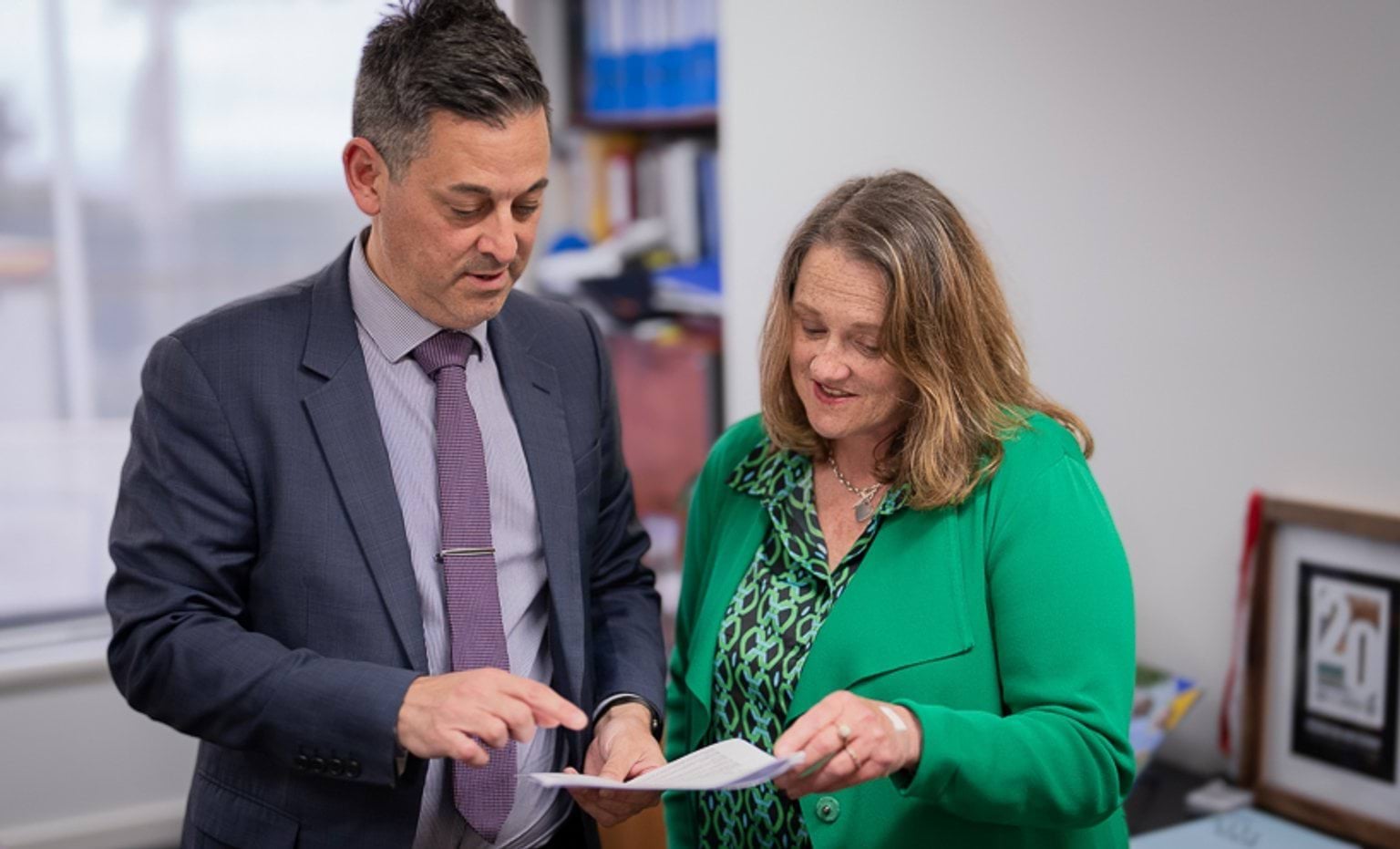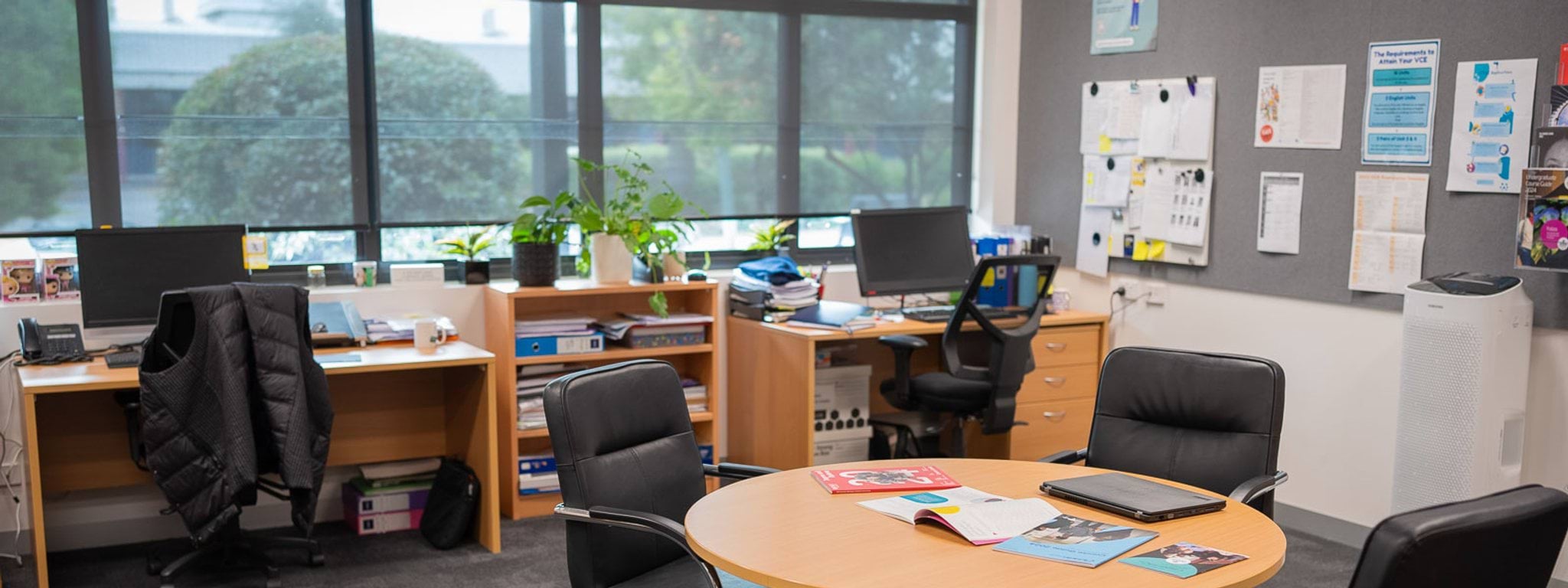Career education is a shared responsibility, often led by a career practitioner. Every teacher plays a role, including through focused career education classroom activities and by showing students how their learning opens career possibilities.
By making career education a priority, school leaders and career education teams can make sure young people finish school with the skills, knowledge and direction they need for a lifetime of work and learning.

Career education and school outcomes
Effective career education will lift your schools’ ability to deliver on student learning and wellbeing.
Key career education activities
In Victorian Government secondary schools, career education starts in Year 7. Starting early in secondary school gives students time to gradually develop their self-understanding and goals, before making important life decisions.
Students’ planned program of career education in Years 7-12 typically includes 4 key activities. These interconnected activities give students critical opportunities for self-discovery and reflection, exploration of options, and informed decision-making. Each activity provides an opportunity to partner with students’ families.
Resources and support
Resources are available to help your school deliver an effective career education program.
Parents and carers in career conversations
Parent and carer engagement in career education strengthens students’ career competency development.
Career education equity and support
Principles and resources to support career practitioners to meet the needs of culturally and linguistically diverse or disadvantaged students.
Career education in the curriculum
Integrate career education into other learning areas to enrich teaching and learning, support student engagement and build important competencies.
Career education professional learning
Build on your skills and knowledge to improve leadership and delivery of career education at your school.
Updated
